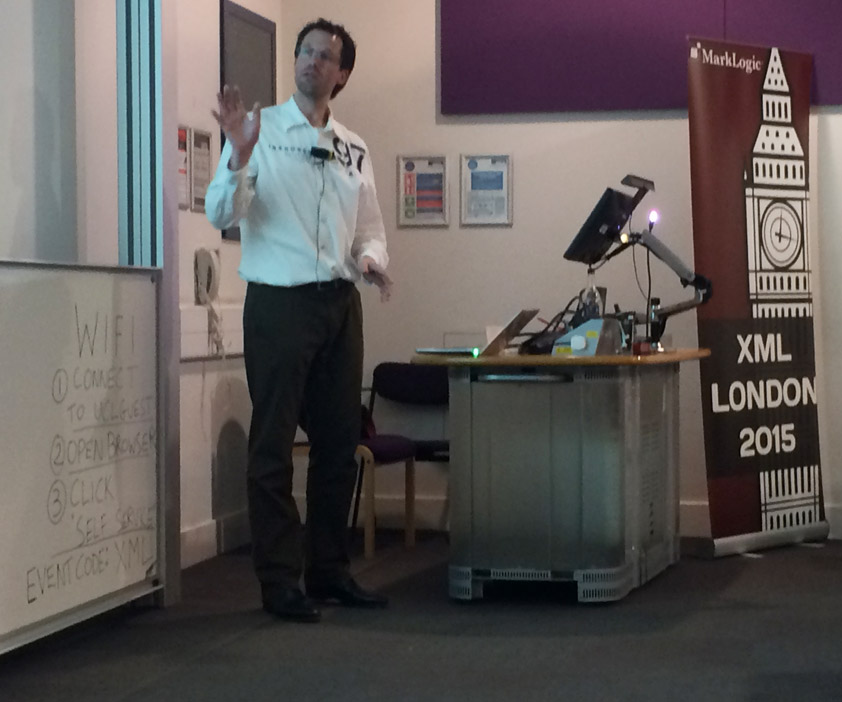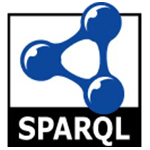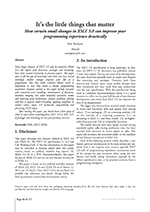

It's the little things that matter
How certain small changes in XSLT 3.0 can improve your programming experience drastically
Abel Braaksma (Abrasoft)
Abstract
Some larger features of XSLT 3.0 and by extension XPath 3.0, like higher order functions, packages and streaming, have been covered extensively in previous papers. This paper aims to fill the gap of knowledge and shows you how several seemingly smaller changes improve your life as a programmer, how they make common idioms easier to implement or how they create a cleaner programming experience. Features covered in this paper include try/catch and structured error handling, memoization of functions, iteration, merging, text value templates, assertions, modes and enforcing mode declarations, shadow attributes, forking and how it supports multi-threading, applying templates on atomic values, maps, 2.0 backwards compatibility and processing JSON input.
After reading this paper, you should have a firm grasp of what to expect from switching from XSLT 2.0 to XSLT 3.0, if packages and streaming are not your primary concerns.
How to cite this
Abel Braaksma. "It's the little things that matter"
Presented at XML London 2015, June 6-7th, 2015.
doi:10.14337/XMLLondon15.Braaksma01.


SPARQL
About
All information about the XML London conference is open and available in Linked RDF format.
SPARQL Endpoint: http://xmllondon.com/sparql
Graph Store Protocol: http://xmllondon.com/data
Thanks go to Charles Foster and William Holmes for their contributions to the XML London dataset.
If you would like to contribute to the XML London dataset, please submit a Git Pull Request to https://github.com/cfoster/xmllondon-rdf
Please contact us if you find a bug or think something could be improved.

